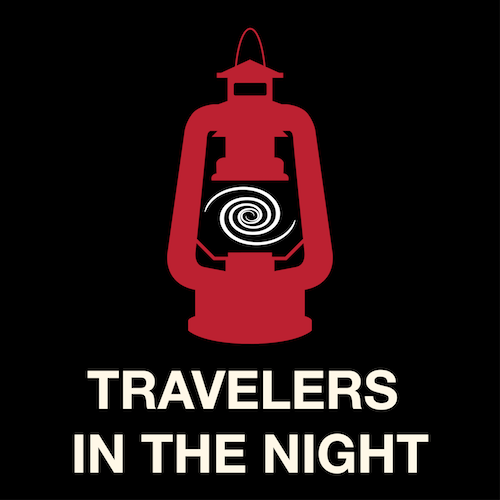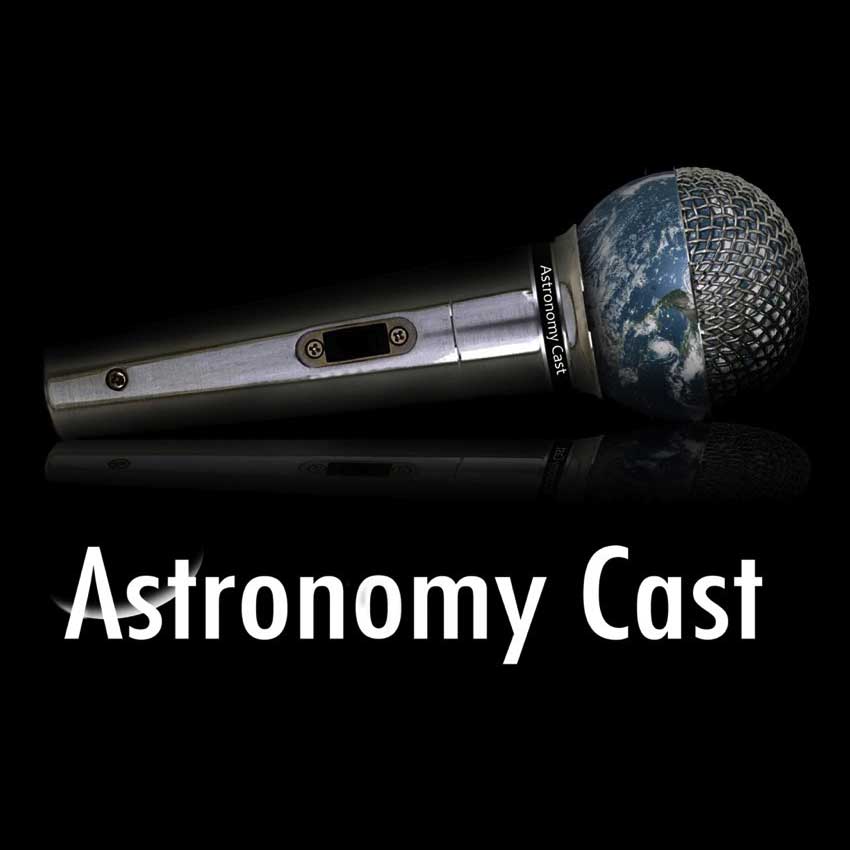Today’s Travelers in the night discuss about why we must study the climate more, not less. And Carson Fuls discovery of asteroid 2017 AG13.


Today’s Travelers in the night discuss about why we must study the climate more, not less. And Carson Fuls discovery of asteroid 2017 AG13.

Let’s take a fast-paced journey thru all that’s new in space and astronomy, including a potentially killer asteroid, a new look at the history of Earth’s water, and a mini-quasi-moon.

While experiencing hail and thunder IRL, we also saw press release after press release and article after article discussing climate change. This one-two punch of new science and the need for a new roof means we will touch on climate change in our closer look this week.

This episode reminds you to look up, look out, and reflect on what we see around us. Stories cover a weird white dwarf that is doing things our Sun may do billions of years from now, how satellite images can now be used to measure river flows here and on Mars, and Titan, as well as the emerging field of planetary geoarcheology. And also climate change. Buckle up, the news isn’t good.


This episode has a little bit of everything as we bring you results from astronomers, geoscientists, climate scientists, imaging scientists, glaciologists, meteorologists, planetary scientists, engineers, and even bioarchaeologists. This diversity of research allows us to better understand our world and beyond.

In the latest climate change news, ancient underwater landslides could help us understand tsunami risks in the Middle East, NASA now has a ‘Vanilla’ ice drone to study the Arctic, and lake temperatures are rising

Computer models of the effects of an eruption event similar to the Columbia River Flood Basalt show that, despite massive injections of sulfur dioxide into the atmosphere, Earth’s climate rebounded much more quickly than expected. Plus, ORCs, lunar swirls, exoplanets, and diamonds. On Mercury.

From plastics invading the Arctic Ocean to the changing morphology of birds in response to rising temperatures and the problems with pathogens killing off pollinators like bees, we examine some of the effects of climate change on Earth’s ecosystems.

Today’s podcast we have the story of 2021 LL1 discovery in the constellation Hercules and climate change has enabled wildfires to move to higher elevations.